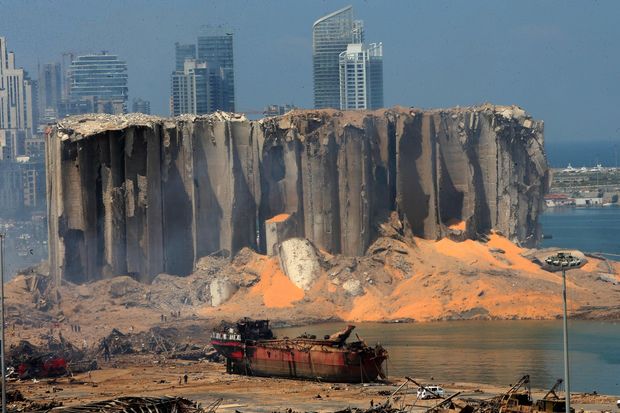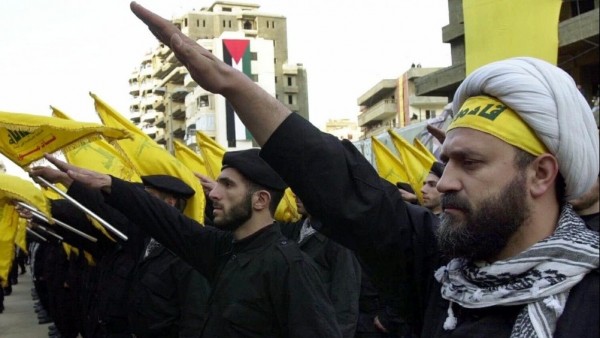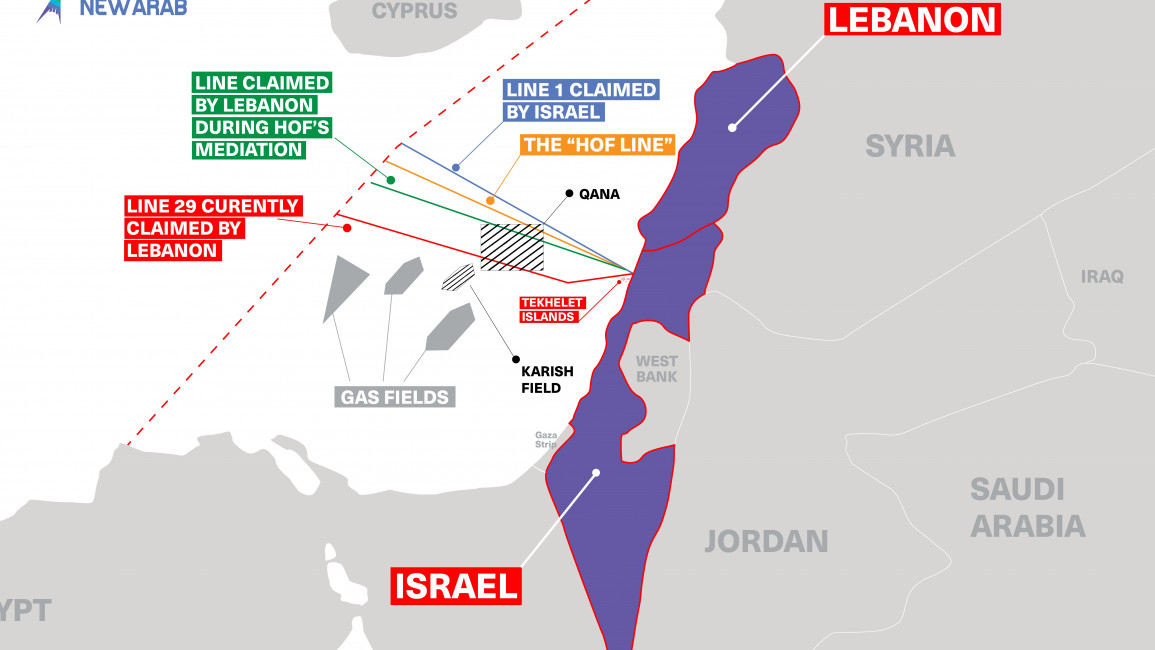Natural gas gives Lebanon hope, Hezbollah demands it be squandered
Less than two years after a catastrophic explosion nearly leveled whole parts of Lebanon’s capital, Beirut, plunging the country into economic disrepair and social despair, the Ukraine war and natural gas gave Lebanon a chance to rebuild. However, as has happened almost continuously for nearly two decades, the Shiite group Hezbollah, closely allied with Iran and considered by many to be a terrorist organization, is threatening Lebanon to lose that opportunity.
In an extraordinary speech to the nation on July 12, Hezbollah’s leader Hassan Nasrallah admitted that his organization had sent three reconnaissance drones into the Mediterranean Sea to harass and hinder Israeli efforts to develop natural gas finds in the area near the Israeli-Lebanese maritime border. Although the drones were apparently unarmed and were shot down easily by Israeli forces, Nasrallah used this incident to demand that Lebanese negotiators trying to demarcate that border must take an aggressive stand, threatening outright war with Israel if his demands are not met.
“Oil and gas are Lebanon’s only way out of the crisis it’s going through,” Nasrallah implored. “The situation is dire and money provided by the World Bank won’t solve this crisis.”
“Lebanon’s leverage and its only source of power in the maritime negotiations [with Israel] is its resistance and strength. We must use this,” Nasrallah continued.
The speech did not go over well in Lebanese political circles, who are both intimidated by the Iranian-backed group and immensely bitter toward it and its sheer radicalism.
Many worried that the speech could end Lebanon’s chance to reach an agreement with Israel on the maritime border between the two countries as to the Karish gas field and the adjacent Qana field, from where gas will be developed and piped to Europe, hopefully making up for some of the decrease following international boycotting of Russian supplies as an outgrowth of the Ukraine war.
Especially sensitive to many Lebanese was Nasrallah’s demand that Lebanese negotiators must tell the American mediators that the Lebanese government “has no control over us,” confirming Hezbollah’s position as a virtual rogue state within a state.
Indeed, it is that hardline position that leads many Lebanese to suspect that the ammonium nitrate which triggered the massive August 4, 2020 explosion at the Port of Beirut was actually the result of Hezbollah’s careless storing of that explosive at the Port, seeking to use it against its perceived enemies at some time in the future.

Lebanon is now so weak that electricity is on for only a few hours each day.
Indeed, many believe that the lights which economic recovery might ultimately turn back on permanently are entirely dependent on Israeli itself supplying gas to Lebanon through intermediaries – in effect, forcing the two countries to reach a level of cooperation that is contrary to Hezbollah’s longstanding threats and demands.
But the burning question remains: Should Hezbollah start another war with Israel, what will then be left of Lebanon, already a shell?
Into all of this despair has now entered the prospect of natural gas royalties, as gas fields were discovered in the territorially disputed Karish and Qana gas fields located off shore between Lebanon and Israel. In typical fashion, according to many Lebanese, Israel studied developing its portion of the field and reached agreement with European nations to do so, but Lebanon has done little to match Israel’s proaction. Now, with gas scheduled to be exported by Israel beginning in September, Lebanon desperately does not want to be left out. It materially changed its bargaining position regarding the ultimate border, appearing to open the way for a settlement with Israel. Meanwhile, a gas rig from Singapore reached the disputed site in late May, making the prospect of natural gas development quite real, if not imminent.

That was too much for Nasrallah, who clings to power nearly entirely on a platform of destroying the Jewish State, even when that is self-destructive to Lebanon itself. Perhaps due to the lingering bitterness of the economic disaster that now is Beirut and the explosion that ripped the heart out of so many Lebanese, Nasrallah’s vitriol brought far more fear and trepidation from the country than it engendered any bluster and support.
Meanwhile, Israel is unlikely to countenance any substantial delay in extracting gas from the Karish gas field due to Nasrallah’s demands. Will he then plunge Lebanon into yet another brutal war, as he now appears to be threatening? Sadly, the answer could be yes, and all the economic development that could take place in this small yet beautiful country will be replaced by even more devastation, death, and destruction.
Such is the warped logic of the Middle East. A resource that portends so much potential promise may, instead, wind up causing so much death and despair. Yet again, the progress and economic security that so rightfully belong to a long-suffering country in the Arab world may not occur – due to jealousy, hatred, revenge, and the sheer desire for power that, ironically, the majority of Lebanon almost certainly do not support. Unfortunately, it is a sad story that has been repeated over and over again for decades, if not centuries. And so it continues with no end in sight.
Daniel Markind is an attorney who writes about Marcellus Shale area developments.
FORBES


Leave a Reply
You must be logged in to post a comment.